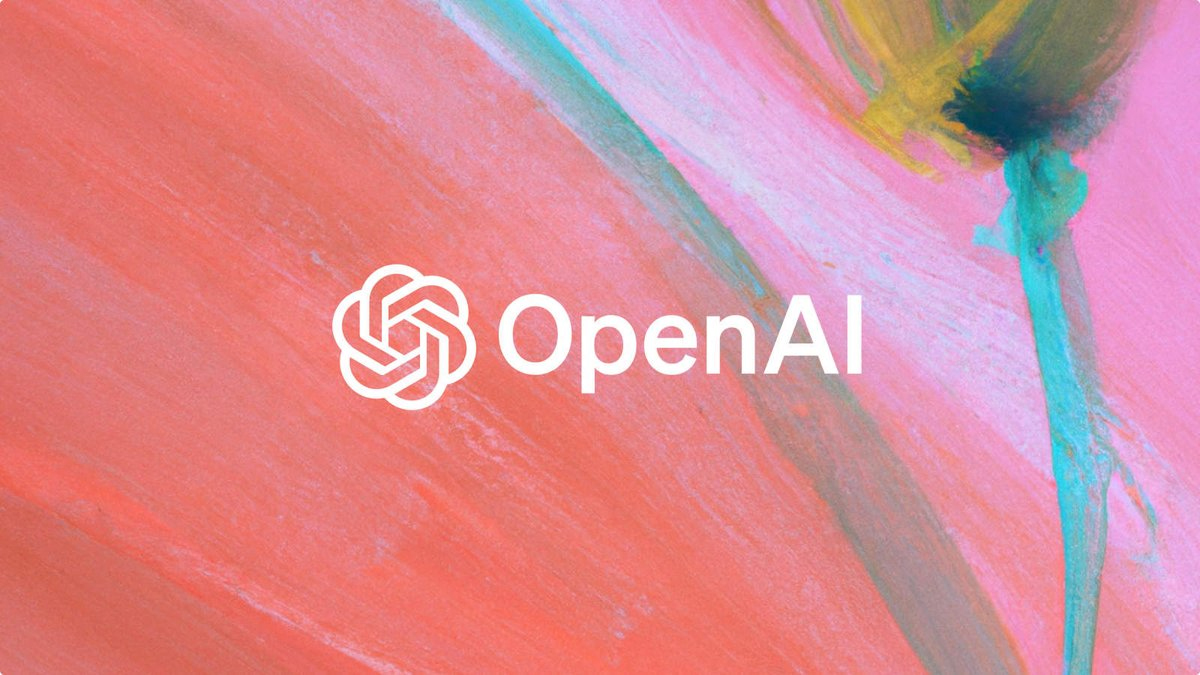
ChatGPT maker OpenAI has announced the acquisition of Multi, a startup formerly known as Remotion, which creates multiplayer collaboration, screen-sharing and video conferencing software.
The deal follows OpenAI’s recent purchase of databased technology firm Rockset, highlighting its expansion beyond generative AI chatbots into the enterprise online collaboration market.
Co-founded by ex-Dropbox product manager Alexander Ambiricos and former Google software engineer Charley Ho, Multi served as a platform that enabled remote teams to collaborate seamlessly through video calls.
OpenAI will acquire Multi
Key features of Multi included simultaneous screen sharing for up to 10 users, automatic deep links for code, and customizable shortcuts. However, despite having received $13 million in funding from venture capital firms like Greylock and First Round Capital, the future of Multi now appears short.
Embiricos shared: “We’re beyond excited to share that Multi is joining OpenAI! Unfortunately, this means we’re sunsetting Multi.”
The announcement confirms that new team signups have now been closed, and currently active teams have been given just one month to migrate before all user data is deleted. Users can email alexander@multi.app to request a months’ extension to help with the transition.
It is understood that the small Multi team will join OpenAI. Embiricos added: “Thank you to everybody who used Multi. It was a privilege building with you, and we learnt a ton from you.”
OpenAI’s expansion is a signal to the success it has achieved with ChatGPT – it now counts around 600,000 users in its Enterprise subscription, including 93% of the Fortune 500.
The AI company also recently confirmed details of a partnership with Apple, which will see its GPT-4o model become available across iOS, iPadOS and macOS this fall, signalling the far-reaching effects of generative AI across various sectors and markets.
More from TechRadar Pro
- These are the best AI tools and best AI writers around today
- We’ve rounded up a list of all the best hybrid working tools
- Workers want flexible hours, but many employers just aren't playing ball







